An evening with Maritime Archaeologist Joseph W. Zarzynski
Author and maritime archaeologist Joseph W. Zarzynski will present a talk and do a book signing on his book, “Ghost Fleet Awakened - Lake George’s Sunken Bateaux of 1758” from 6:30 to 8 p.m. on Thursday, May 4 at the at the Guernsey Memorial Library. (Submitted photos)
NORWICH — The Chenango Chapter of the New York State Archeological Association (NYSAA) and the Guernsey Memorial Library have partnered to present author and maritime archaeologist Joseph W. Zarzynski. He will present a talk and do a book signing on his book, "Ghost Fleet Awakened — Lake George’s Sunken Bateaux of 1758" (SUNY Press, 2019) from 6:30 to 8 p.m. on Thursday, May 4 at the at the Guernsey Memorial Library, located at 3 Court Street in Norwich.
"Ghost Fleet Awakened" tells the story of a little-recognized sunken fleet of Lake George, NY warships — bateaux — from the French and Indian War (1755-1763). From 1987 to 2011, Zarzynski was the executive director of Bateaux Below, a nonprofit organization that studied colonial bateau-class shipwrecks in the 32-mile-long Lake George, NY.
The story begins more than 250 years ago, when bateaux (bateau in the singular) first plied the waters of Lake George. Though the wood — bateau — is French, these boats were used in America by the colonial Dutch, French, and English. These wooden vessels were flatbottomed, pointed at bow and stern, were generally rowed, and were typically 30 to 35 feet long.
Zarzynski's PowerPoint talk enlightens readers with a history of these utilitarian vessels, considered the most important vessels that transported armies during the 18th century wars in North America, and includes their origins and uses. By infusing the talk with underwater archaeology doctrine, Mr. Zarzynski shows the nautical significance of these colonial craft.
The author lives in Saratoga County, NY. Mr. Zarzynski was born in Johnson City, NY and grew up in Endicott, NY. He is a professional maritime archaeologist and a retired educator. Zarzynski has a B.A. degree in History from Ithaca College, a M.A.T. degree in Social Sciences from Binghamton University, and a M.A. degree in Archaeology and Heritage from the University of Leicester (U.K.).
-Information provided by NYSAA Chenango Chapter

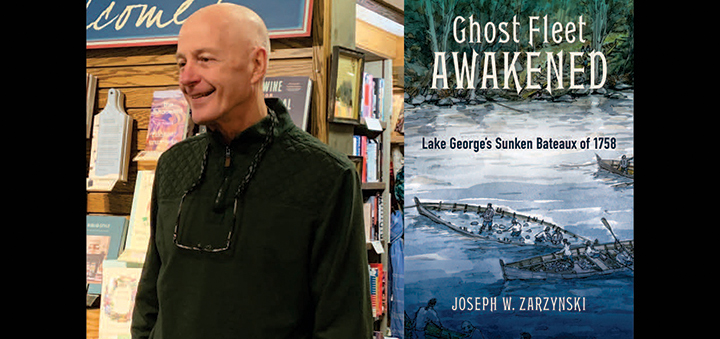
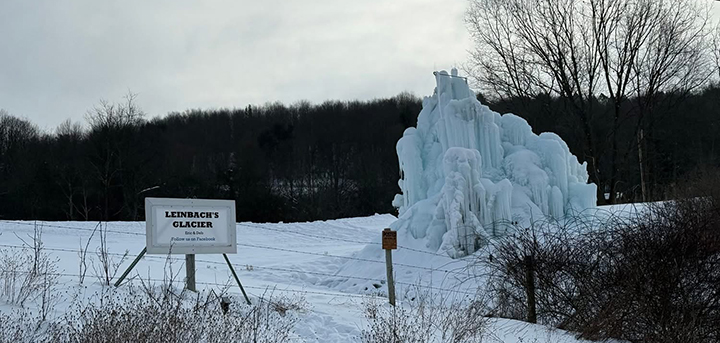
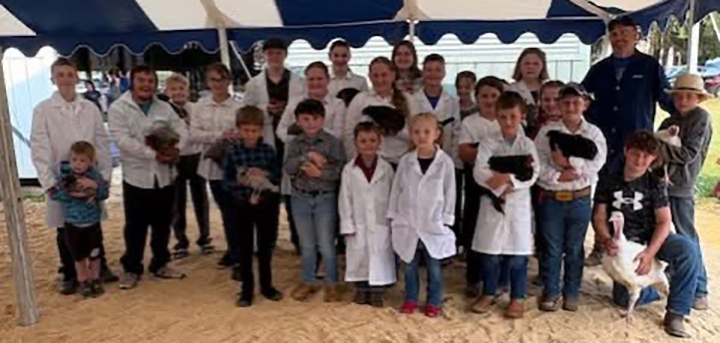
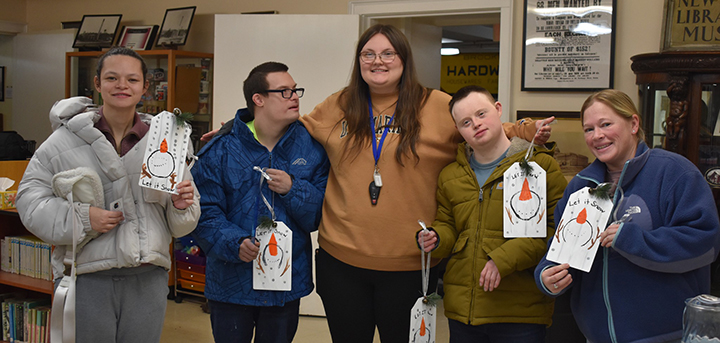
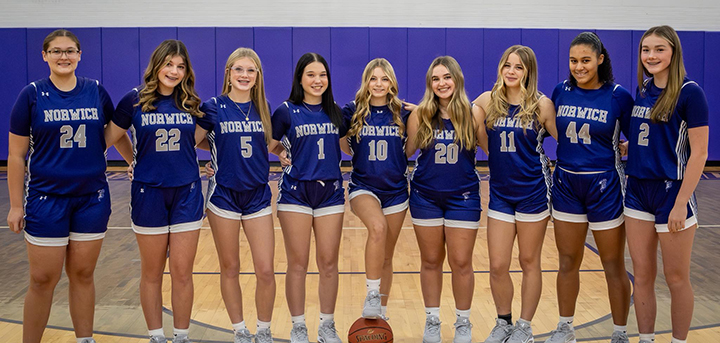



Comments